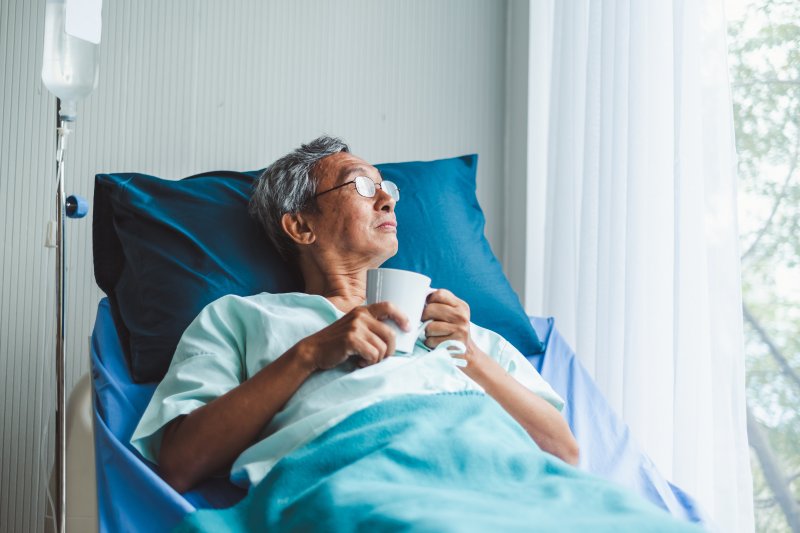
There are many unknowns about the exact implications of COVID-19. While at the forefront, we’ve seen researchers and scientists hard at work finding a viable and reliable vaccine, what hasn’t been widely publicized are the teams attempting to understand the current and future implications of Coronavirus.
Now with over a year under our belts of experiencing a decade-defining pandemic, researchers are able to provide us with more and more findings on the extent of COVID-19’s impact. How has it impacted us economically? Socially? Physically?
A recent study, published just this past April, shines a light on a subject particularly important to us here at Sleep Better Georgia: the connection between obstructive sleep apnea and COVID-19. Let’s discuss its findings and what they mean for you.
Sleep Apnea & Our Immune System
Even before COVID-19, we’ve had a fairly good understanding of the impact obstructive sleep apnea (OSA) has on the immune system.
Because OSA results in varying levels of sleep deprivation, sufferers are likely to find themselves sick more often. Why? Because sleep and our immune systems are intertwined.
Not only is sleep associated with an increased ability to fight infections, but it enhances vaccine responses and keeps us from getting sick in the first place. When we lose sleep, our immune systems aren’t as strong—because while we’re asleep, our body goes through many different processes that keep it in tune.
For example, at night, our body increases the production of a protein called cytokines, which aids in healthy inflammation. Our body’s inflammatory response helps heal injuries and infections. Without this response, we are less likely to effectively fight off illnesses and heal injuries.
Sleep deprivation is also linked to many associated conditions that often affect those with sleep apnea, such as diabetes and heart disease. Why? Because sleep apnea leads to sleep deprivation, and sleep deprivation interferes with the effectiveness of our immune system.
Sleep Apnea & COVID-19
During the height of the pandemic,concern grew for patients suffering from sleep apnea who would be exposed to COVID-19, as those with untreated sleep apnea experience a host of issues that come with sleep deprivation—in particular, a weaker immune system. A recent study has validated these concerns.
After looking into survey responses submitted by 20,598 participants, researchers found that those with a “high risk of OSA had increased odds of having COVID-19 and were two times more likely to be hospitalized or treated in ICU.”
Additionally, the researchers found that those afflicted with OSA and/or diabetes were at a higher risk of contracting COVID-19. The common risk factors, besides OSA, of those who are hospitalized with COVID-19 include being male, having diabetes, and having depression.
In terms of deaths associated with COVID-19, the common risk factors include older age, hypertension, and diabetes. The researchers note that all of these are also associated conditions of OSA, placing OSA patients at a higher risk of having a poor outcome due to COVID-19.
The Importance of Getting Proper Sleep
Sleep deprivation alone can place people in a precarious position—add obstructive sleep apnea and COVID-19 to the equation, and you begin to enter into a high-risk zone of a “poor outcome.”
Treating OSA won’t only improve unvaccinated patients’ chances of fighting off COVID-19, but will help them fight off other illnesses—and effectively heal injuries—as well.
If you regularly experience symptoms of sleep apnea (chronic snoring, persistent exhaustion, pauses in breathing during sleep), then it’s more important than ever to get it under control so you can keep your immune system strong and your body protected. The condition is easily treated, either with a CPAP machine or oral appliance therapy, but in order to get either one, you first need to be officially diagnosed with sleep apnea.
To help you take the first step in this process, all you need to do is schedule a free consultation with Dr. Jeff Rodgers at Sleep Better Georgia. He has been providing high-quality sleep care to the Atlanta area for decades, and he can help determine if sleep apnea is the cause of your sleep concerns. From there, he’ll let you know exactly what to do next. To request your free consultation, click here.
